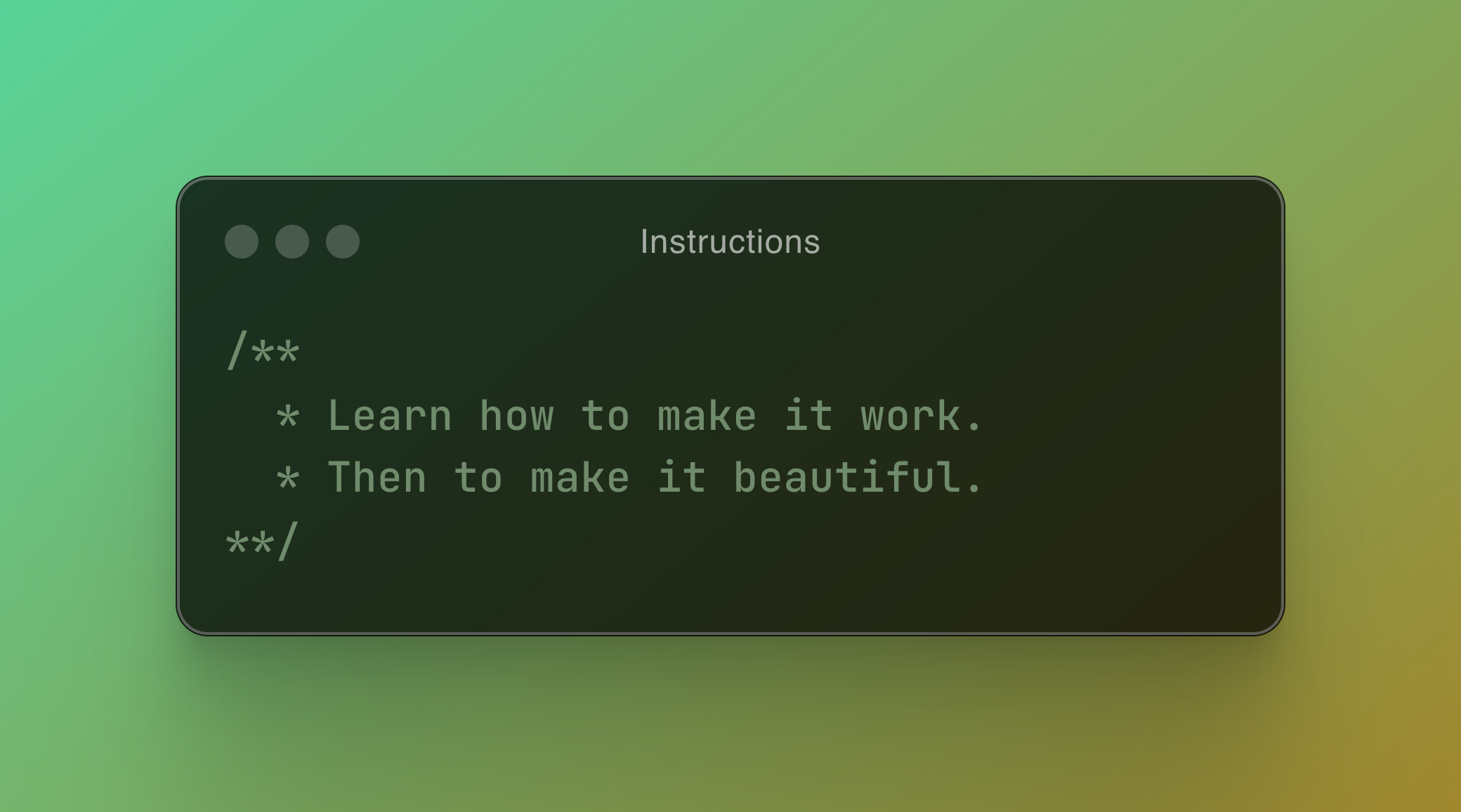Imagine learning to cook by only assembling meal kits. Sure, you’d get food on the table faster, but would you understand why certain ingredients work together? Would you know it if something’s going wrong with a recipe? More importantly, could you create your own dishes? Junior developers are facing a similar issue with coding assistants like GitHub Copilot and ChatGPT.
The traditional journey of a developer mirrors how our brains naturally build expertise. When we write code, we’re not just typing commands – we’re creating neural patterns that help us recognize similar structures later. When we read code, we’re not just decoding syntax – we’re strengthening these same patterns, enabling us to write better code in the future. It’s like how learning to cook starts with both following recipes and understanding ingredients. Each activity reinforces the other, building a foundation of intuitive knowledge.
But AI tools are interfering with this natural learning cycle in unexpected ways. These tools get you to working code faster, like instant meal kits for programming. Need to set up a paginated database query with sorting, filtering, and caching? Ask Copilot. Set up a Redux store with async thunks? ChatGPT has you covered. On the surface, this seems like a good deal – faster development, fewer obvious bugs, instant access to best practices. But when AI does the writing, junior devs miss out on building those crucial neural patterns that help to reason a solution. Think of learning to cook by only watching someone else in the kitchen. You see what they’re doing, but not why they’re doing it like that.
The paradox runs deeper than just missing out on writing practice. Things get tricky with the symbiotic relationship between reading and writing code. As developers rely more on AI-generated code, they not only write less but also become worse at reading code. The cognitive patterns needed to understand code weaken from lack of writing experience. This creates a dangerous spiral: poorer reading skills make it harder to understand and modify AI-generated code, leading to even more dependence on AI tools for both reading and writing tasks.
Consider a junior developer facing a complex function. Without the pattern recognition built through writing similar code, they struggle to understand its logic. They could turn to AI for explanation, but without strong reading skills, they struggle to verify if the AI’s interpretation is correct. This is like trying to modify a recipe when you’ve never cooked from scratch – you lack the fundamental understanding to make informed decisions.
But there’s hope. The key lies in using AI tools as enhancers rather than replacements for natural learning. Just as we verify every request in a zero-trust system, developers should verify and understand every line of AI-generated code. This means not just accepting solutions, but actively questioning: why was this pattern chosen? What are the edge cases? How does this code interact with an existing system?
Treat these tools like having a senior developer that’s available 24/7 and never loses patience. Write some code and ask ChatGPT to review it. See its suggestions on how to improve your code. Clone a GitHub repo and ask Copilot to explain some part from it. Engage with these tools actively and critically rather than passively consuming their output.
By treating AI as a learning tool rather than just a code generator, developers can maintain their growth while still benefiting from AI’s capabilities. Like learning to cook by starting with basic techniques before graduating to fancy kitchen gadgets, build fundamental skills alongside AI assistance. Build up your intuition for why something should be done in a certain way. Otherwise, we run the very real risk of having a generation of coders perpetually stuck in the junior phase.
Coding is not about choosing between human skills and AI tools – we cannot avoid the latter. We humans might soon not code at all. But while we do, we must commit to competence and beauty in our work. The challenge for juniors isn’t avoiding AI help, but ensuring it amplifies rather than replaces their learning journey.
